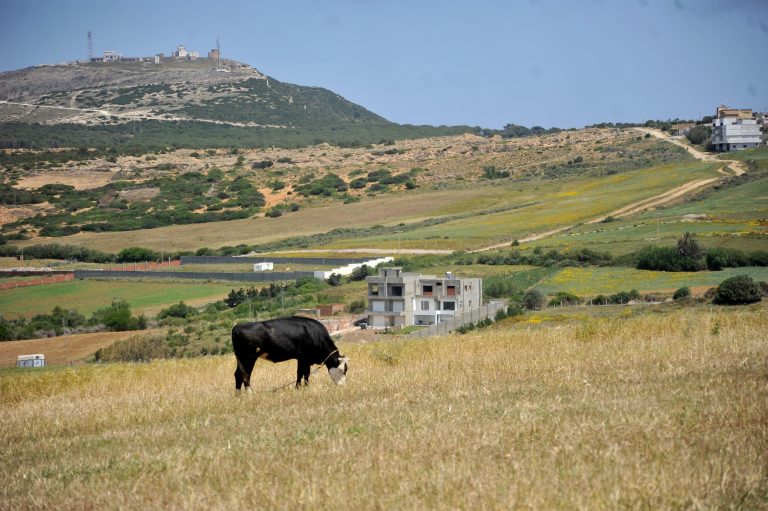
Africa’s agricultural land is increasingly becoming a battleground of competing interests, with rising global demand for food, biofuels, and investment opportunities placing immense pressure on the continent’s fertile soil. At the same time, climate change, rapid population growth, and local land rights conflicts are intensifying the struggle for access, ownership, and control of agricultural resources.
Over the last two decades, Africa has emerged as a key target for foreign agricultural investment. Governments, multinational corporations, and private equity firms from across the globe have acquired or leased millions of hectares of farmland, especially in countries like Ethiopia, Sudan, Mozambique, and Tanzania. These investments are often framed as mutually beneficial offering infrastructure development, technology transfer, and employment opportunities to host nations. However, critics argue that such deals often prioritize export-oriented agribusiness over local food production, leading to displacement of communities, loss of livelihoods, and environmental degradation.
The irony is that Africa, with some of the most fertile lands in the world, still suffers from chronic food insecurity, says Dr. Njeri Kamau, a land policy analyst based in Nairobi. Large-scale land acquisitions can disrupt local food systems, pushing smallholder farmers to the margins.
Adding to this complex mix is the growing impact of climate change. Rising temperatures, shifting rainfall patterns, and extreme weather events are altering the agricultural landscape. Once-productive regions are becoming arid, forcing communities to migrate in search of better conditions. This not only intensifies local competition for land but also fuels conflict, as seen in parts of the Sahel and East Africa.
Land tenure insecurity further complicates the issue. In many African countries, land is governed by customary laws that are poorly recognized by formal legal systems. This creates loopholes that can be exploited by powerful investors or local elites, often without the informed consent of affected communities. Women, who make up a significant portion of Africa’s agricultural workforce, are particularly vulnerable, as they typically lack formal ownership rights despite being primary cultivators.
Governments across the continent are grappling with the challenge of balancing the need for economic development with the rights of their citizens and the sustainability of their natural resources. Some countries have begun to revise land laws, implement moratoriums on large-scale land deals, and promote inclusive models of agricultural investment that prioritize food sovereignty and environmental stewardship.
However, progress remains uneven. Advocacy groups are calling for more transparency in land transactions, stronger community consultation processes, and the recognition of customary land rights. They argue that empowering local farmers especially women and youth through secure land tenure, access to markets, and climate-resilient farming techniques is essential to ensuring long-term food security and sustainable development.
As Africa’s population is projected to double by 2050, the pressure on agricultural land will only intensify. Without equitable and sustainable land management strategies, the growing competition for farmland could exacerbate inequality, fuel displacement, and undermine the continent’s potential as a global agricultural powerhouse.
In the end, who controls Africa’s farmland will shape not just the future of the continent’s food systems, but also its economic sovereignty and social stability.

